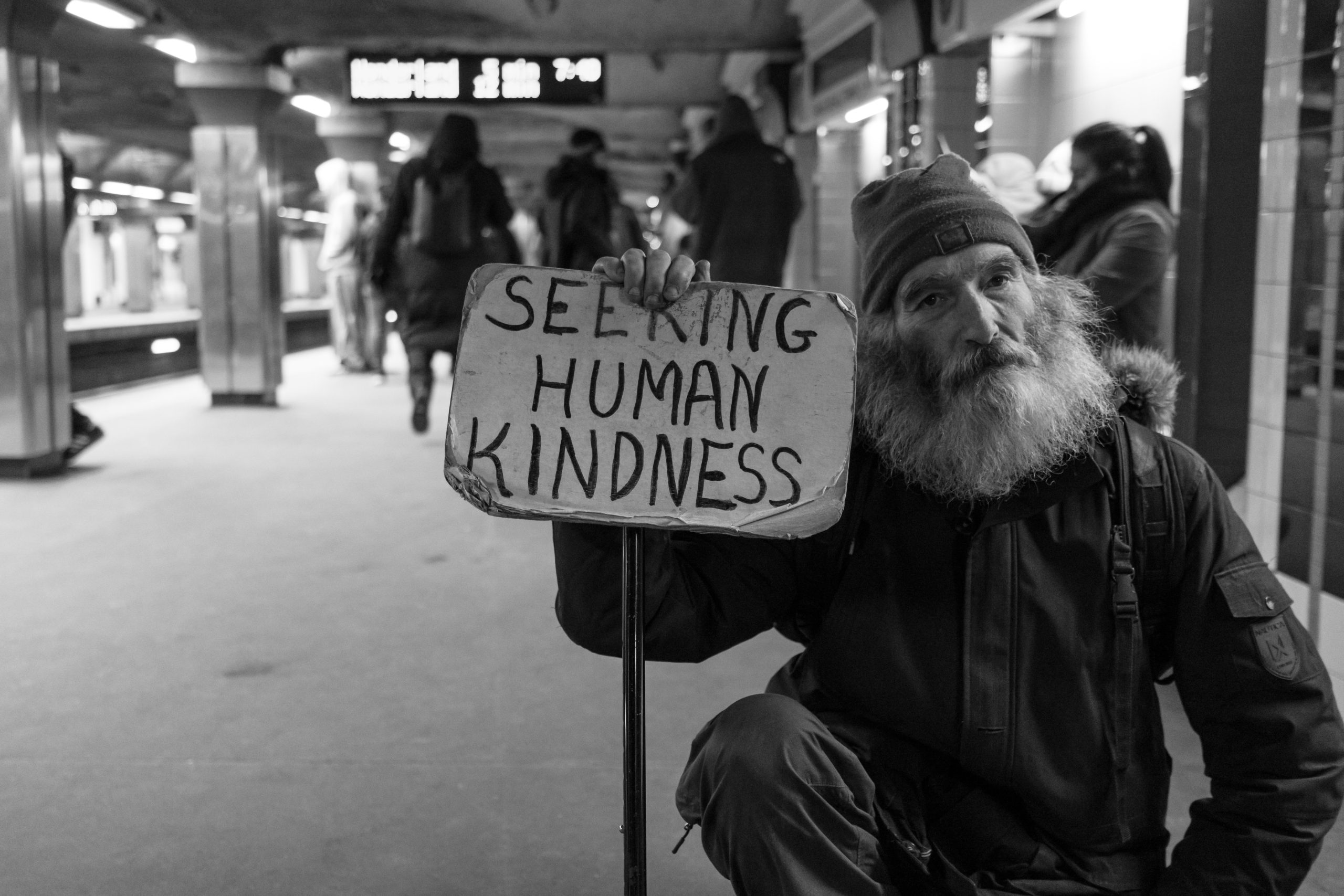
I promised in a previous article on the label CALD (culturally and linguistically diverse) to offer some concrete examples and/or suggestions of how we might all embrace a language of cultural difference and claiming identity which doesn’t unnecessarily draw divisions between us or unwittingly privilege the majority. It’s been a long time coming, but here it is.
I have blogged about CALD (part 1) and moving beyond CALD (part 2) and the harmful effects of broad categories that lump together people with very different cultural attributes, challenges and resources and stick a label like CALD (culturally and linguistically diverse) on them to differentiate them. From what exactly is not always clear, or at least, not to me when I look through some of the CALD-inspired government resources. The lack of clarity is arguably an appropriate reflection of the fluidity of people’s identities and it’s important for marginalised people to find solidarity in groups but the labels can also leave too much room for error.
In my previous posts, I suggested that the term CALD is otherising and in fact perpetuates the stark power imbalance between Anglo-Australians as a group (which is undeniable, as shown in the 2018 Leading for Change report by the Australian Human Rights Commission) and every other cultural group in Australia.
Organisations use categories like CALD to create resources and policies for what is an extremely varied group. To show the problem with this approach, I gave the hypothetical example of two very different people being grouped together: a white-collar worker with Italian migrant parents who speaks fluent English and a refugee blue-collar worker from Myanmar with poor English-language skills. The danger in policymakers relying on labels like CALD is that they can treat these two individuals as though they have the same needs.
Shifting focus from people’s identities to people’s needs opens up a new, more liberating approach that could make societal structures that seem fixed in concrete become more malleable and responsive.
Switching the focus to needs highlights the absurd aspect of categories like CALD. Diverse and marginalised people’s needs are as … diverse … as the people in these categories. Some people who could be labelled CALD will require access to English-language support, some won’t. Some will require support to maintain their own language as an essential aspect of their identity, some won’t. Some will require respect and accommodation for their religious practices, some won’t. Some will and some won’t need special access to combat social isolation, underemployment or unemployment, ill health and so on.
Well, guess what. Even many Anglo-Australians also face one or more of these issues — yes, even linguistic, since there are six Anglo-Celtic languages and many more dialects still spoken today, not including English, and people in Australia who speak them.
In other words, every one of us is culturally and linguistically different from everyone else, and many so-called white people (another vague and problematic category, which includes recent refugees who don’t speak English), are certainly marginalised.
The danger in all labels like CALD, and the plethora of other proposed acronyms, is that when policymakers use these categories they tend to unintentionally empower those with closest proximity to the hegemony (able-bodied, with strong English-language skills etc – since they are the ones with greatest capability to fill out bureaucratic forms) while those furthest from the hegemony within their identified communities are left straggling.
Meanwhile, marginalised Anglo-Australians (who may have experienced intergenerational poverty stemming from, for instance, disability, sexuality, trauma or political or religious or even ethical views) can be further marginalised simply for having an Anglo background. In fact, Anglo-Australian children are collectively lagging behind in English-language skills.
In 2023, we have the technological capacity to move beyond unnuanced labels by regularly surveying and identifying precisely what attributes (religions, worldviews, ethnicities, languages, genders, sexualities, ages and so on) exist in most given groups of people and to do so should now be standard practice in most organisations around the world.
As author Richard Powers said of technology in an interview with the LA Review of Books, ‘Life [since globalisation] is simply too complex and interdependent for us to wrap our heads around without the help of our machine prosthetics.’
We can all embrace a language of cultural difference and claiming identity that doesn’t unnecessarily draw divisions between us or unwittingly privilege the already privileged. This language is the language of specificity and nuance.
It avoids a situation like this one, where filling out the Australian Census form and not finding her cultural identity left a proud Kachin woman from Myanmar feeling ‘like we are disappeared.’ Being lumped into the broad category of Mainland Southeast Asian understandably gave her no confidence that policies made in Canberra would meet her specific needs.
Mathematician/theoretical biologist Jared Field wrote regarding his identity, ‘I am Gomeroi from the Kamilaroi nation. To say so is to perform real magic. Bit by bit the original labelling is dissolved like aspirin in water.’
There are many valid reasons why people do also or instead identify beyond their specific cultural group and for people to find solidarity in groups. I am not trying to invalidate those reasons or those groups and I’m well aware that Anglo-Australians are the most structurally advantaged group in Australia.
The point I am making is that the more we and our policymakers avoid sweeping labels the better in terms of building mutual understanding, cooperation and a more equitable Australia. For anyone objecting that this is a path to greater fragmentation, let me quote historian Patrick Wolfe from his 2016 book Traces of History: Elementary Structures of Race: ‘Paradoxical as it may seem, to homogenise is to divide.’
Specificity and nuance is how we move beyond otherising labels towards policies and resources that meet everyone’s needs. Informed technology is how we get there.
What do you think?
Share this Post